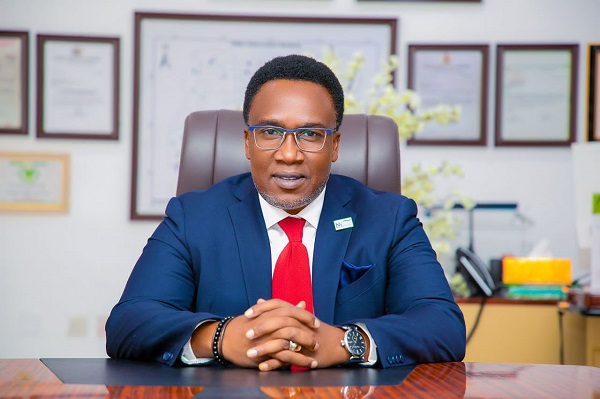
The director-general of the Nigerian Meteorological Agency (NiMet), Prof. Charles Anosike has emphasised the critical role of meteorological forecasting in safeguarding ferry operations across Nigeria’s coastal and inland waterways.
Speaking at the Regional Ferry Safety Conference held in Lagos, Anosike highlighted the increasing challenges posed by rapidly shifting weather patterns to maritime transport, particularly for ferry operators who provide essential services to isolated and riverine communities.
He stressed that maritime regulations must now reflect the urgency of climate risks, advocating for the integration of weather-based early warning systems into the planning and execution of ferry services.
“Maritime regulation must ensure that ferries and ports adopt more sustainable practices, including the integration of weather early warning alerts into ferry operations,” Anosike stated. “Timely and accurate early warnings are indispensable and serve as a guide toward strategic operational planning, empowering ferry operators to plan routes efficiently and deploy crew members in a way that minimises the risks posed by adverse weather conditions.”
He added that real-time meteorological updates allow ferry operators to perform thorough pre-departure risk assessments and make climate-informed decisions about the safety and viability of each trip. This not only improves operational efficiency but also significantly enhances preparedness for search-and-rescue missions in emergencies.
Anosike emphasised that meteorological data saves lives only when providers and users collaborate throughout the service chain. He recalled NiMet’s stakeholder engagement efforts, particularly a 2022 needs assessment workshop hosted in collaboration with key maritime stakeholders, including NIMASA, the Nigerian Ports Authority (NPA), the Nigerian Inland Waterways Authority (NIWA), the Nigerian Navy, Marine Police, fishing communities and ferry operators.
According to him, the workshop has since led to memoranda of understanding (MoUs) between NiMet and institutions like NIMASA, NIWA and the Maritime Organisation of West and Central Africa (MOWCA). These partnerships aim to boost the capacity of all parties to access, interpret, and apply relevant meteorological data to promote maritime safety, protect the marine environment and support secure navigation and logistics operations.
In closing, Anosike outlined five critical measures to improve the use of weather intelligence in maritime operations and reaffirmed NiMet’s readiness to deliver impact-based marine forecasts and specialised meteorological services.
“Safe navigation driven by reliable weather forecasts is vital to the economic prosperity of Nigeria’s coastal communities,” he concluded.

